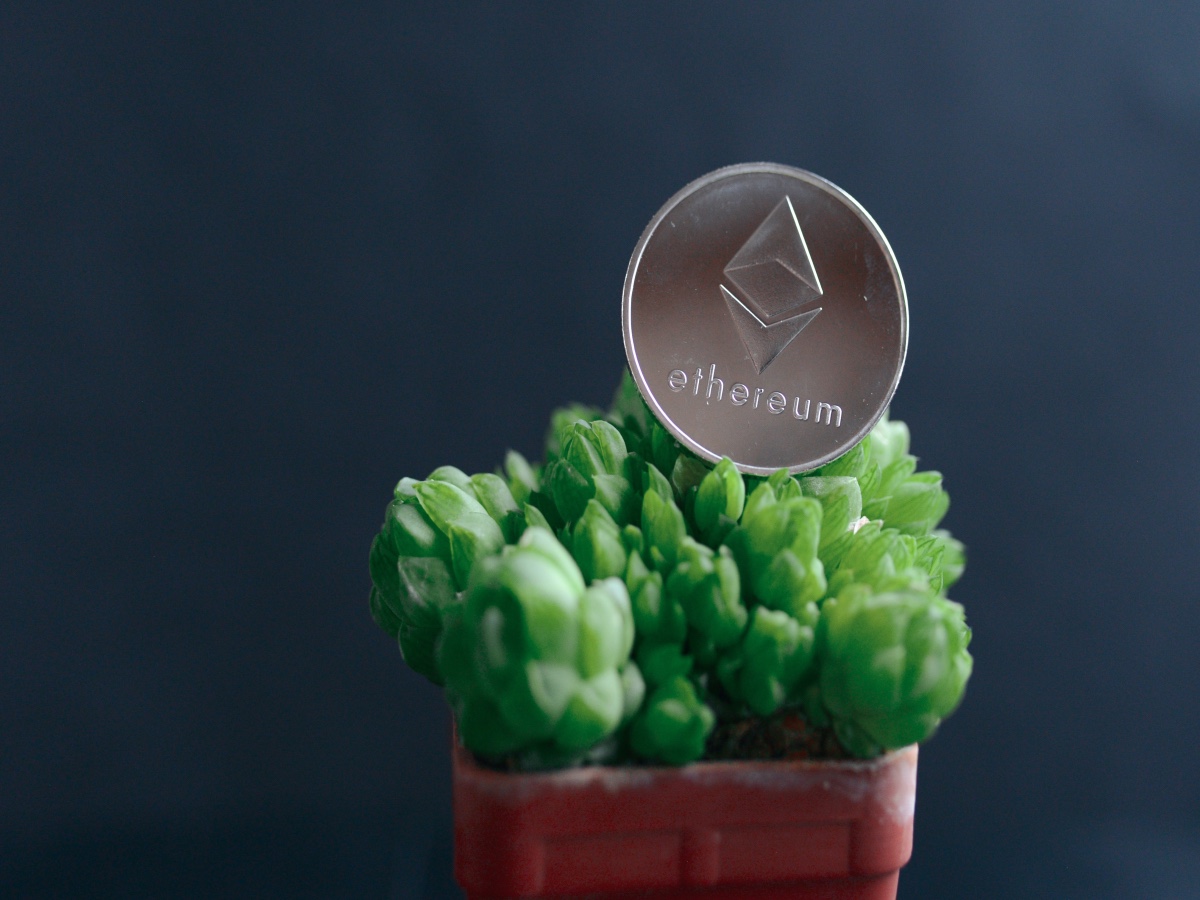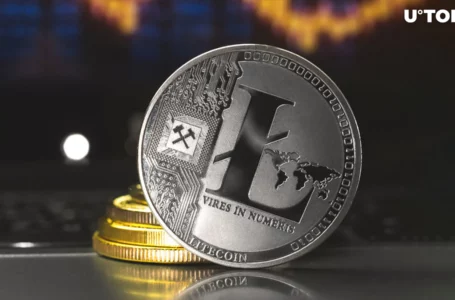
While most people may be busy with holiday shopping, Ethereum’s core developers also see a busy schedule as the merger approaches. With updates to be announced and proposals to be discussed, Ethereum developer Tim Beiko shared a thread summarizing the events of the most recent All Core Devs meeting.
Do you “knot”, what’s going on?
Naturally, fusion was on everyone’s mind and Beiko recalled the community that the second and third devnet would take place the following week, with a final devnet on December 14th.
Next, Beiko admitted that fees were high not just on the Ethereum mainnet, but also when using rollups. He talked about two solutions – EIP-4490 and EIP-4488. The two offers reduce call data costs to reduce transaction costs. However, participants were reportedly divided as to whether this should happen before or after the merge.
Beiko Explain,
“Also, the amount of work here is pretty low: changing a gas price, adding a validity check, and (most difficult!) Implementing a new txn pool sorting algorithm. “
He added,
“If we do want to ship this before the merge, though, we need to act fast: the fork would have to hit mainnet in February at the latest, and we only have one more ACD [All Core Devs meet] before the end of this year!”
In addition, Beiko suggested that customer prototypes could arrive within the next two weeks.
Not just a case of “Ether” this or that
Beiko summarized some other problems that the developers discussed during the meet. A major challenge was to make Ethereum sustainable in the long run. For this, Beiko noted There have been conversations about EIP-4444, which is intended to deal with historical data from Ethereum and the storage issues caused by it.
Beiko also reminded users about the Arrow Glacier upgrade around 8 December, which would push back the difficulty bomb.
Running out of space
In particular, the historical data of the blocks passed on the Ethereum chain is increasing and the validators would have been forced to use increasingly large hard disks. In an AMA Reddit, Vitalik Buterin admitted he was facing the same problem. While introducing the historic expiration, he said,
“…instead of all full nodes having to download and serve the full chain from genesis, and needing to have ever-increasing technical complexity to deal with both old and new versions, the core Ethereum protocol would only be responsible for holding and serving the most recent ~1 year of historical blocks, transactions and receipts/logs.”


















